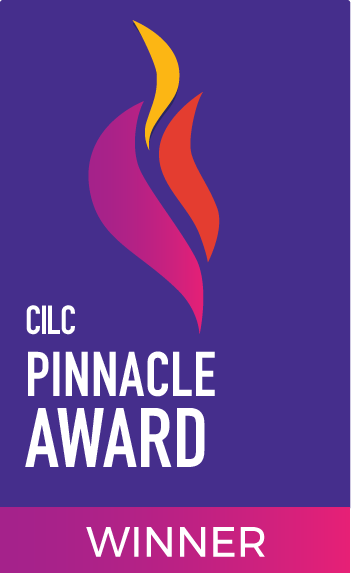 Royal Botanical Gardens is a living museum which serves local, regional and global communities while developing and promoting public understanding of the relationship between the plant world, humanity and the rest of nature.
Royal Botanical Gardens is a living museum which serves local, regional and global communities while developing and promoting public understanding of the relationship between the plant world, humanity and the rest of nature.
Education at Royal Botanical Gardens encourages environmental stewardship by providing meaningful and diverse learning experiences that connect people with the wild and cultivated plant world.
With over 15 years experience delivering engaging interactive videoconferencing programs, we offer topics that explore biodiversity, conservation, botany, plant ecology and the environment. Whether you are looking for an insect program; a program exploring wetlands, their functions and human impacts or you want to discover more about a delicious chocolate treat; we have a wide variety of plant-based programs to support and enhance your classroom needs or stimulate and entertain older adults.
No matter where you are, your group can interact with our educators and scientists.